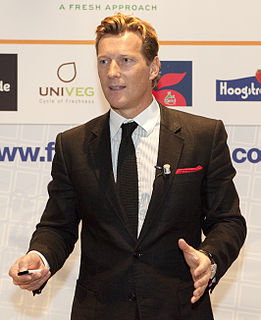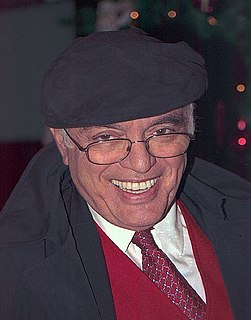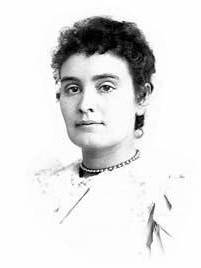A Quote by Sarah Pinborough
I've seen a range of children's personalities, so it's easier to write about them without patronising them, I think.
Related Quotes
In my films, I like to use the same actors again and again, so I know them really well and can bring their unique personalities into the process. However, as a director, I have strict control over the way they express their personalities. I don't want them to go beyond what I need from them, but I also don't want them to underplay. So I modulate their performances very closely, within a certain range of expression.
One of the reasons it's important for me to write about war is I really think that the concept of war, the specifics of war, the nature of war, the ethical ambiguities of war, are introduced too late to children. I think they can hear them, understand them, know about them, at a much younger age without being scared to death by the stories.
The one concession I've made as I've gotten older is that my children are now adults and they're in their twenties and thirties and so I'm careful about how I write about them. I may write about them as a child, but I'm not going to write about their current struggles because they're adults and they can do it for themselves. I want to give them some space in a way I didn't when they were younger.
I believe that if a child has a feel for writing and wants to write, there is an audience. Children should just dive in and go at it. I would encourage children to write about themselves and things that are happening to them. It is a lot easier and they know the subject better if they use something out of their everyday lives as an inspiration. Read stories, listen to stories, to develop an understanding of what stories are all about.
Someone wanted me to write a profile for ESPN about the commissioner of baseball, and I said, "He's just some suit! Some Republican. No!" I mean if you want me to write about baseball, boxing or football, I'll write about those things because I watch them, I think about them a lot and I like them. But I don't want to write about Barry Bonds.
There are some words I find impossibly difficult ... 'Love,' 'feeling' and especially 'happiness' are at the head of the list. This is not because I haven't experienced any of them but because whenever I think about using the words I don't really know what anyone means by them. I'd find it easier to sit down and write a book about each (coming, obviously, to no conclusion) than to use them casually in speech or writing.





































